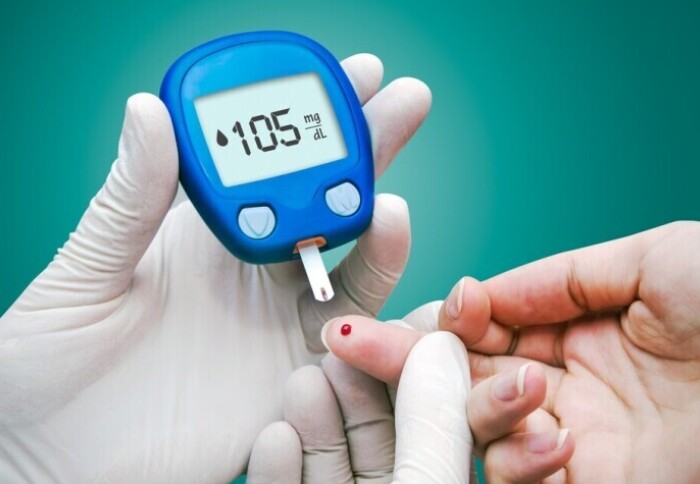Diabetes Week 2023 - Imperial's impact on the disease

To coincide with Diabetes Week, we look at Imperial's recent sector-leading research into the disease and potential treatments.
Biomarkers for the progression of type 2 diabetes identified
New research carried out as part of the European RHAPSODY project has discovered molecules in diabetic patients that could help personalise treatments.
The study, published in Nature Communications, sheds light on new molecules that could help clinical teams predict and monitor the deterioration of glucose metabolisms.
Autoimmune disorders affect about one in ten individuals
 A new population-based study involving 22 million people shows that autoimmune disorders now affect about one in ten individuals.
A new population-based study involving 22 million people shows that autoimmune disorders now affect about one in ten individuals.
Published in The Lancet, the work points to important socioeconomic, seasonal, and regional differences for several autoimmune disorders and provides new clues on possible causes behind these diseases.
Q&A: Does diabetes mean worse outcomes for cancer patients?
Diabetes is a known risk factor for developing cancer, but could it also predict how cancer patients respond to treatment?
In a recent study of thousands of cancer patients*, Imperial researchers found that having Type 2 diabetes was strongly linked to worse outcomes among those receiving immunotherapy drugs called immune checkpoint inhibitors.
The Department of Surgery and Cancer's Dr David Pinato discusses the link between diabetes and cancer and what it could mean for cancer care.
£2 million awarded for the development of beta cell implant for type 1 diabetes
 A leading researcher at Imperial College London has been awarded £2 million that will fund ground-breaking research into type 1 diabetes.
A leading researcher at Imperial College London has been awarded £2 million that will fund ground-breaking research into type 1 diabetes.
Dr Victoria Salem from the Department of Bioengineering has been awarded a prestigious Senior Research Fellowship by the Type 1 Diabetes Grand Challenge – a partnership between the Steve Morgan Foundation, Diabetes UK and JDRF.
Type 2 diabetes can cause lung disorders, new study finds
New research reveals for the first time that high blood sugar levels in type 2 diabetes can play a causal role in lung disorders.
New research funded by Diabetes UK has revealed, for the first time, that type 2 diabetes can directly cause lung complications. In the largest ever genetic study to explore how genes affect blood sugar levels and health outcomes, researchers concluded that lung disorders should now be considered a complication of type 2 diabetes.
High blood caffeine levels may reduce body weight and type 2 diabetes risk
 A high blood caffeine level may reduce the body weight a person carries and their risk of type 2 diabetes, according to research.
A high blood caffeine level may reduce the body weight a person carries and their risk of type 2 diabetes, according to research.
A new study, published in BMJ Medicine, has looked at the effect of higher blood caffeine levels on body weight and the long-term risks of type 2 diabetes and major cardiovascular diseases, such as coronary artery disease, stroke, heart failure, and irregular heart rhythm (atrial fibrillation).
Imperial-CNRS-Lille project to ‘fast-track’ treatments for metabolic diseases
Imperial, France's National Centre for Scientific Research (CNRS) and the University of Lille are setting up a major project into metabolic diseases.
Diseases linked with metabolism, such as diabetes, high blood pressure (hypertension) and obesity affect millions of people around the world. This new collaboration will aim to 'fast-track' treatments for these conditions.
Article text (excluding photos or graphics) © Imperial College London.
Photos and graphics subject to third party copyright used with permission or © Imperial College London.
Reporter
Benjie Coleman
Department of Surgery & Cancer